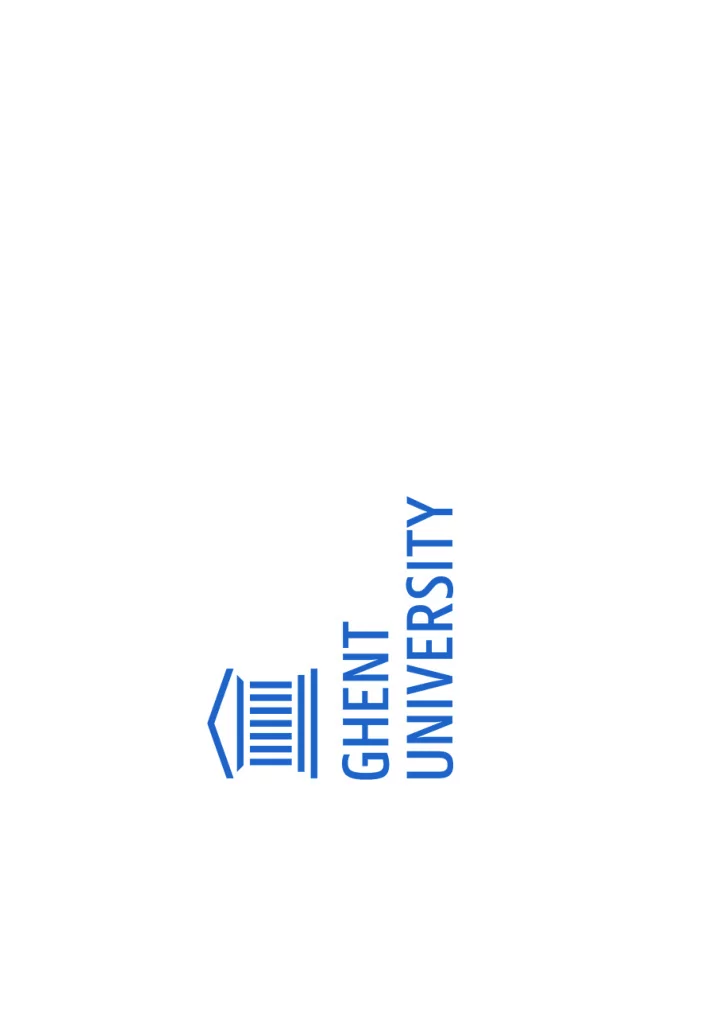

DEPARTMENT OF CONFLICT AND DEVELOPMENT STUDIES MIDDLE EAST AND NORTH AFRICA RESEARCH GROUP ETHICS AND DOING FIELDWORK IN AFRICA Sami ZEMNI – Research Director Faculty of Political and Social Sciences
3
THE “PROBLEM” OF ETHICS? -Paperwork versus trust? -Risk-averse universities -Methods and ethics -The ‘engaged’ researcher? 4
THE “PROBLEM” OF ETHICS? (2) - Disjunction between procedural imperatives and the concrete implementation of ethical decision making in the field. -Ethical dilemmas 5
ETHICAL REFLECTIONS 1. Positionality of researchers - distance and/or proximity to the field 2. Insecurities and risks 3. identity of the researcher 4. conflicting demands of ethical research and doing research in and/or on authoritarianism and violent conflict. 6
AUTHORITARIAN CONTEXTS & VIOLENCE Obligations and ethical concerns to ensure transparency might hollow out another ethical imperative namely the protection of research respondents or participants. 7
TOWARDS SOME RECOMMENDATIONS 1. Address ethical requirements, the terms on which we enter the field and assess as much as possible the particularities and risks involved in doing research in difficult contexts. 2. Reflect on the type of research questions we address in relationship to the epistemology of our work but also in relation to the physical integrity and security of our research participants. 3. Collaborative reflection on how to best behave in the field (especially in sensitive contexts) 4. What after the field? … what exactly are we giving back? 5. Rethink our relations towards our local research assistants, translators, fixers or facilitators. 6. Mental approach to fieldwork in our institutions. 8
TOWARDS SOME RECOMMENDATIONS (2) ̶ Empowerment Respect & Honesty Justice & Fairness Care Process 9
Sami Zemni Research Director Faculty of Political and Social Sciences DEPARTMENT OF CONFLICT AND DEVELOPMENT STUDIES RESEARCH AND INTERNATIONLIZATION OFFICE E Sami.Zemni@ugent.be T +32 9 264 69.54 www.ugent.be www.ugent.be/ps
Recommend
More recommend